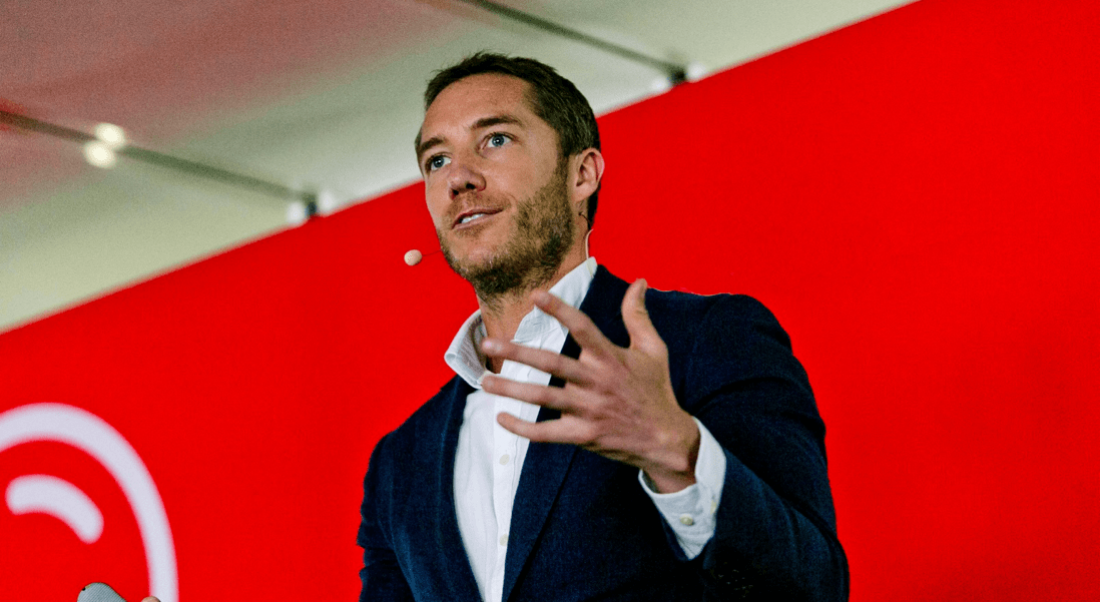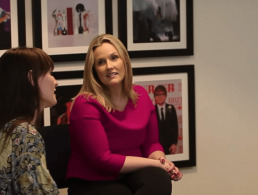Blockchain is getting bigger all the time, introducing the need for specific blockchain labs. But what does a job at a blockchain lab actually entail?
It’s an exciting time to work in fintech, particularly with the rise of blockchain. If you want a career in fintech, a blockchain lab might be the perfect place.
Over the last two years, Deloitte has moved developers and designers into a brand new blockchain lab in Dublin.
The lab is Deloitte’s EMEA centre of excellence in blockchain and works alongside specialist teams in other member firms.
But what’s it actually like working in a blockchain lab? Lory Kehoe is Deloitte’s EMEA blockchain lead. “I’m lucky and privileged to work in blockchain technology with 25 other people that are more intelligent, funnier, will be more successful and younger than me,” he said.
Kehoe’s role is to lead the team in Dublin. He also heads a virtual team of more than 300 Deloitte professionals working in the blockchain space across the EMEA region.
He has been with Deloitte for six years. “Those years have truly flown,” he said. “I’ve been working full-time with blockchain technology for the past three years and I love it.”
So, what kind of work actually happens in a blockchain lab? Kehoe said the centre helps its clients go on a blockchain journey, from awareness and education through to implementation.
“We create immersive blockchain experiences for our clients,” he said. “Following these experiences, we start building proofs of concept and pilots all the way through to implementing the technology.”
The blockchain lab team consists of technical architects, back-end developers, front-end developers, business analysts and project managers.
Blockchain lab skills
Like any good consultant, Kehoe said those working in a blockchain lab really need to be able to listen. “We need to listen to our clients, understand what their vision and strategy is, and then help them identify areas of their business where technology can make a meaningful impact,” he explained.
“I think you also need to be a problem-solver and constantly curious about the technology, especially as it is evolving so rapidly.” As every day is different in the blockchain lab, employees would need to be adaptable.
He also advised those interested in working at a blockchain lab to learn everything they can about the technology, and “attend blockchain meet-ups so they understand the ecosystem and become part of it”.
The changing scene of blockchain
Kehoe said the work has changed so much as he and his team go through different stages. “There is a myth that blockchain is years away from being implemented – however, we are seeing its implementation already in projects with our clients.”
He referred to helping DNV GL implement a blockchain-based solution for its certification business in a live production environment. “This is significant and is the first of many live implementations of blockchain technology,” he said.
“One cross-industry and cross-sector area that we are working on with several clients from around the world is supply chain,” he said. “Due to blockchain’s immutable data characteristic, it helps show provenance of products (eg from farm to fork).”
Kehoe said blockchain acts as the single source of immutable truth for all the connected parties to work from.
A typical day in a blockchain lab
Kehoe said a normal day would usually start with a team meeting first thing in the morning. “After that, there is usually a client or even several clients visiting the blockchain lab, which can last the full day.”
He said he also takes time to understand the latest developments from Deloitte’s technical architects. “Blockchain technology is moving so fast that if you don’t spend part of every day keeping up, you are quickly behind the curve.”
While working in a blockchain lab is extremely fast-paced and ever-changing, Kehoe said his current role as the EMEA blockchain lead is the best job he has had in more than a decade of consulting.
“The thing I love about my job is that through blockchain technology, we as a team, with our clients, get to challenge the status quo. We ask a lot of questions to a lot of very senior and intelligent people, which ends up in very interesting debates and outcomes,” he said.
“We are helping our clients to challenge the way they do business today, to create disruptive and new operating models, and to open their eyes to how they can turn perceived cost centres in their businesses into revenue generators.”




